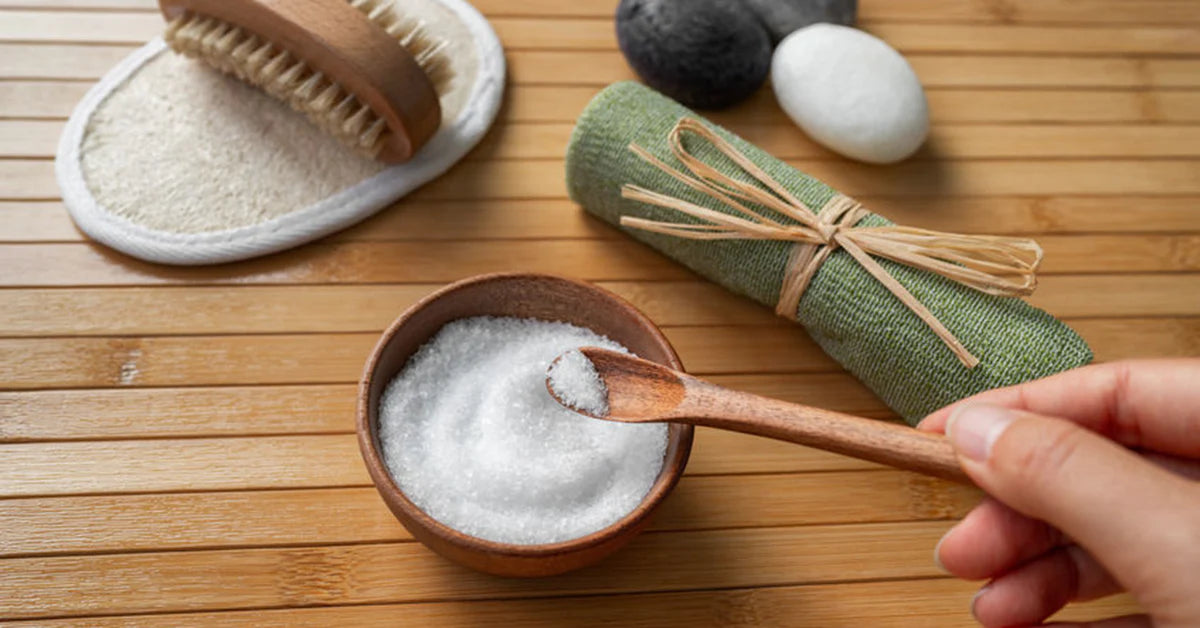
Science Behind Magnesium Sulfate and Its' Cellular Effects
While the exact cellular mechanisms of how magnesium sulfate (Epsom salt) works to alleviate muscle soreness are not fully understood, several hypotheses have been proposed based on the known functions of magnesium and sulfate ions in the body:
Magnesium Absorption
Epsom salt baths allow for the absorption of magnesium through the skin, a process known as transdermal absorption. Magnesium plays a crucial role in various cellular processes, including muscle function and relaxation. Inside muscle cells, magnesium ions interact with proteins involved in muscle contraction and relaxation. By increasing magnesium levels in muscle cells, Epsom salt baths may help regulate muscle function and reduce muscle tension, which can contribute to alleviating soreness.
Anti-inflammatory Effects
Magnesium sulfate has been reported to exhibit anti-inflammatory properties. Inflammation plays a key role in the development of muscle soreness following intense exercise. During exercise-induced muscle damage, inflammatory mediators are released, triggering an inflammatory response as the body works to repair and remodel damaged tissues. Magnesium sulfate may help modulate this inflammatory response, reducing the production of pro-inflammatory cytokines and mitigating inflammation in the muscles, thereby alleviating soreness.
Nervous System Modulation
Magnesium ions are involved in regulating the activity of the nervous system, including neurotransmitter release and nerve function. By influencing neurotransmitter activity, magnesium may help modulate pain perception in the central nervous system. Magnesium sulfate may act as a natural analgesic, inhibiting pain signals from reaching the brain and reducing the perception of muscle soreness.
Osmotic Effects
Epsom salt baths create an osmotic gradient between the bathwater and the skin, facilitating the movement of water and ions across cell membranes. This osmotic effect may help draw out excess fluid and metabolic waste products from muscle cells, reducing swelling and discomfort associated with muscle soreness.
Stress Reduction
Soaking in warm water, such as in an Epsom salt bath, promotes relaxation and stress relief. Stress can exacerbate muscle soreness through various mechanisms, including increased muscle tension and heightened pain perception. By promoting relaxation and reducing stress levels, Epsom salt baths may indirectly contribute to alleviating muscle soreness.
While these hypotheses provide plausible explanations for the effectiveness of magnesium sulfate in alleviating muscle soreness, further research is needed to fully elucidate the cellular mechanisms involved. Individual responses to Epsom salt baths may vary, and additional factors such as water temperature, duration of immersion, and overall health status may influence their efficacy in reducing muscle soreness.
Try epsolution™ today!



Leave a comment
This site is protected by hCaptcha and the hCaptcha Privacy Policy and Terms of Service apply.